Why Indigenous Peoples Day and Columbus Day are Irreconcilable
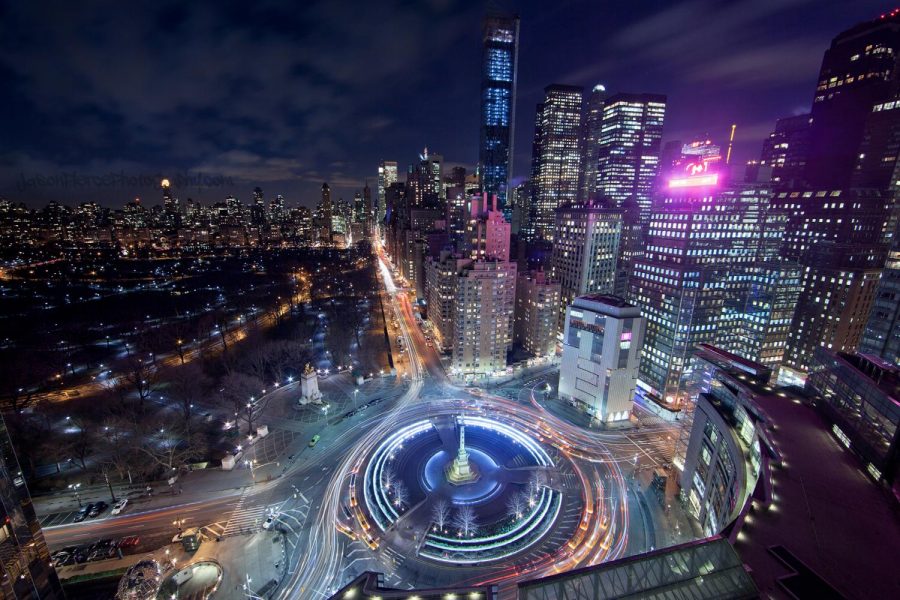
Why Indigenous Peoples Day and Columbus Day are Irreconcilable
Christopher Columbus is also the namesake of several landmarks in New York City, including Columbus Circle. (Courtesy of Flickr)
Christopher Columbus is also the namesake of several landmarks in New York City, including Columbus Circle. (Courtesy of Flickr)
November 20, 2019
Hang on for a minute...we're trying to find some more stories you might like.
Email This Story
While I want to respond to Dane Salmon’s op-ed as an opinion piece, I feel obligated also to correct some inaccuracies, point out some dangerous word use and demystify the legend of Christopher Columbus. My goal in writing this piece is not only to explain why Columbus Day is racist, dangerous and sanitizing of a genocidal history, but also to extend the conversation to Italian Americans and confirm why it is harmful for not only indigenous people but for all American citizens as well.
Firstly, “contributions” is a strong and misleading word for Christopher Columbus’s actions.
Columbus was from Italy, a nation that didn’t even exist until 1861. Columbus Day was an empty gesture of apology towards Italian Americans in the wake of American history’s biggest lynching, which took the lives of 11 Italian Americans.
President Benjamin Harrison declared it a one-time national holiday as a diplomatic move to squash outrage from the Italian community, a move to prevent war between the United States and Italy, and part of a process that made Italian Americans “white” after decades of racialized bigotry toward the 20th-century wave of immigrants.
Frankly, Italian Americans have rich history and heritage, from which they could find worthier heroes, including Giuseppe Garibaldi, Victor Emmanuel II, Matilde Serao or Maria Montessori. It’s an insult to Italians and Italian Americans to be celebrated only once a year and be represented by a homicidal maniac who started the first transatlantic slave trade. For all that they’ve contributed to this country and for all that they’ve received in return, it only exasperates the hidden wounds.
Second, you cannot compartmentalize genocide. If only we could separate the murderer from Columbus, but the indigenous people of South America and the Caribbean were not given such a privilege.
When you think of the Spanish ships Niña, Pinta and the Santa María, you think of the birth of America. I think of the Arawak women who were kidnapped and brought to those ships to be sexually assaulted and sold as slaves. I think of their babies he threw to dogs to be eaten. I think of the people he killed, dismembered and displayed in parades for all to see. As a descendant of the Arawak, I cannot say that Columbus was anything more than his crimes.
There is also a misconception that Columbus was exalted by his Spanish sponsors. After receiving reports back about the atrocities he committed against the Christian Queen’s vessels for conversion, he was ordered back to Spain, removed of his gubernatorial titles and put into chains. He was an outright criminal.
So don’t be “saddened” when you think of indigenous people. Be grateful and overjoyed because we survived hell. Columbus failed to do exactly what he meant to do and that was to extinguish us.
As you could see from the Native American Festival held on campus just this past weekend, we are far from extinct.
One of the biggest misconceptions about indigenous people is that they are completely static historical figures, “extinguished and lost to the ages, relegated to a page in the history books or an impoverished reservation,” but actually we are alive and well. A majority of us live off reservations with a large population in New York City, including the Taino. Finite language use of the words “extinguished” and “lost” is dangerous because it implies all indigenous people are extinct, historical players rather than real people still fighting against colonialism.
And how could we be lost? We are the first people of this land; we are exactly where we are supposed to be. Your language is also divisive since I, as a mixed race indigenous person, do not see Columbus or the other colonists as “our” European forefathers of white America today. I see them as criminals who killed and robbed my ancestors, who were not thinking of you or their descendants’ political security. They set up a network in which a vaguely identified dominant group could continuously benefit from colonialism today.
Part of the way for Americans to fix and heal from that is to recognize the indigenous story as not a tragedy but a triumphant story of resilience and strength.
Not only should Indigenous Peoples Day replace Columbus Day, but America should let Christopher Columbus die. His time may be over, but mine is just beginning. The people who founded America weren’t Columbus; they were the colonial lower-class citizens and indigenous people who fought the Revolutionary War for the elites.
They were the Haudenosaunee, from whose government Benjamin Franklin was inspired. They were the waves of immigrants who came and built on what was started. Let Columbus die so that we can heal as a nation from the literal blood spilled on Turtle Island.
While I want to applaud you for praising Indigenous Peoples Day, that is the very least you could do, and you can’t even quite manage that.
Mia Beverly, FCRH ’20, is a history major from Washington D.C.

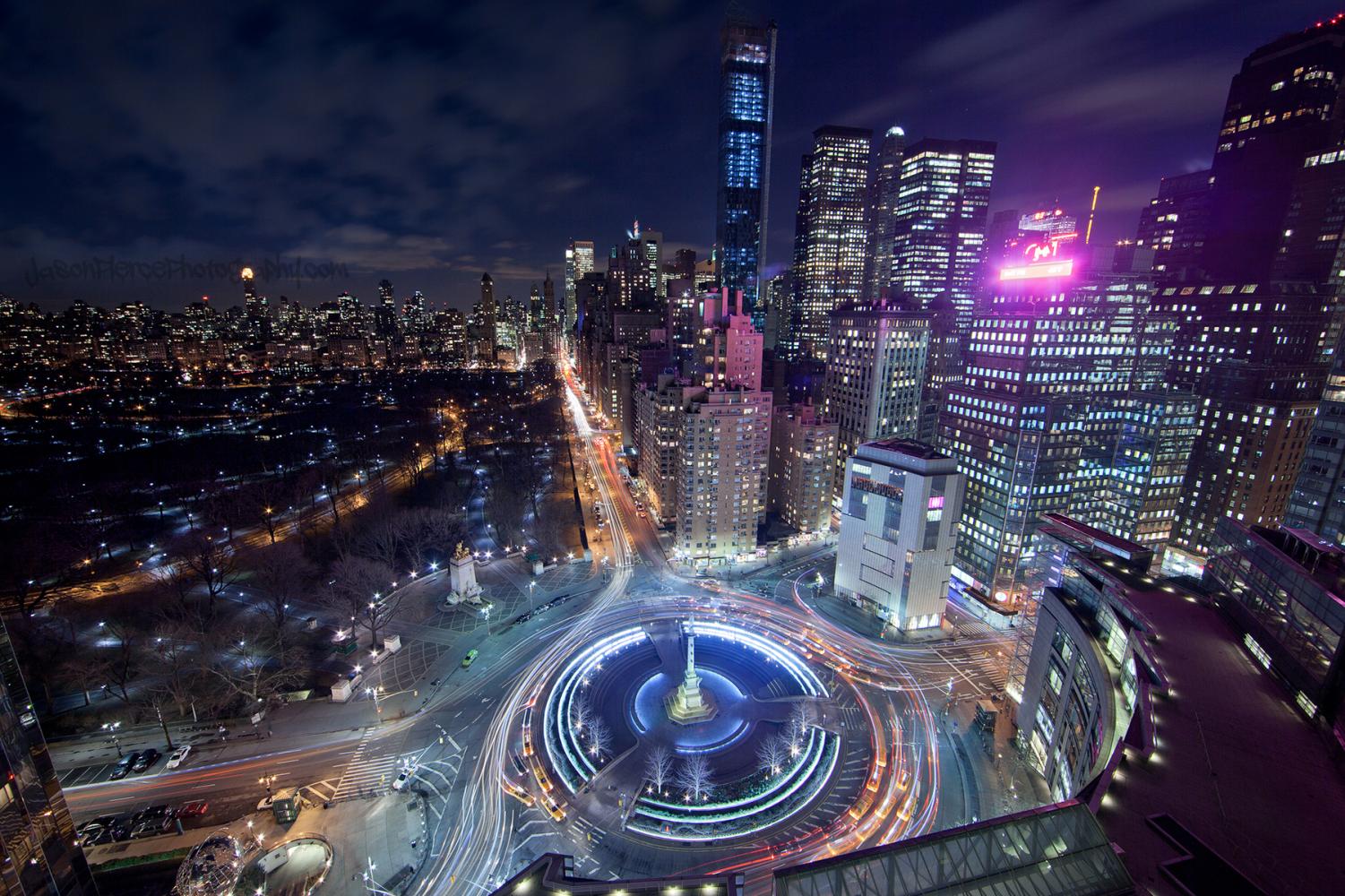
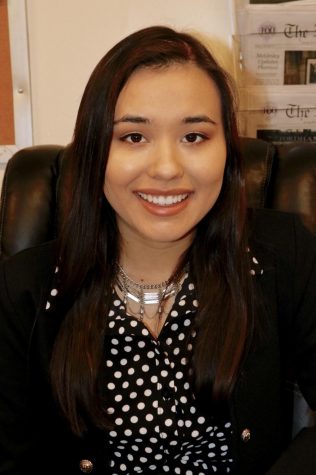

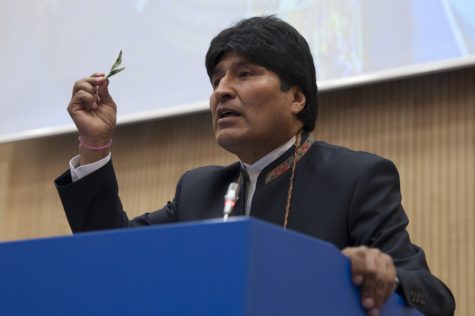

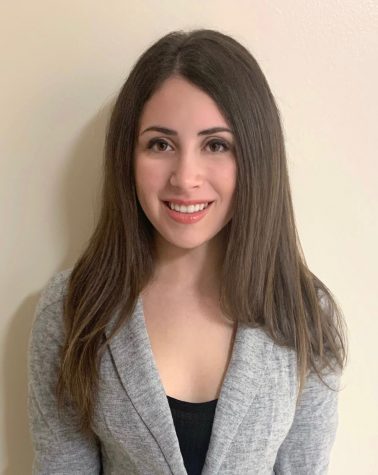

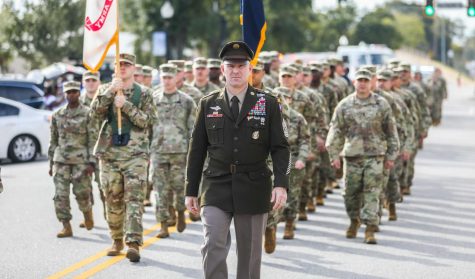

If you want a picture to show with your comment, go get a gravatar.